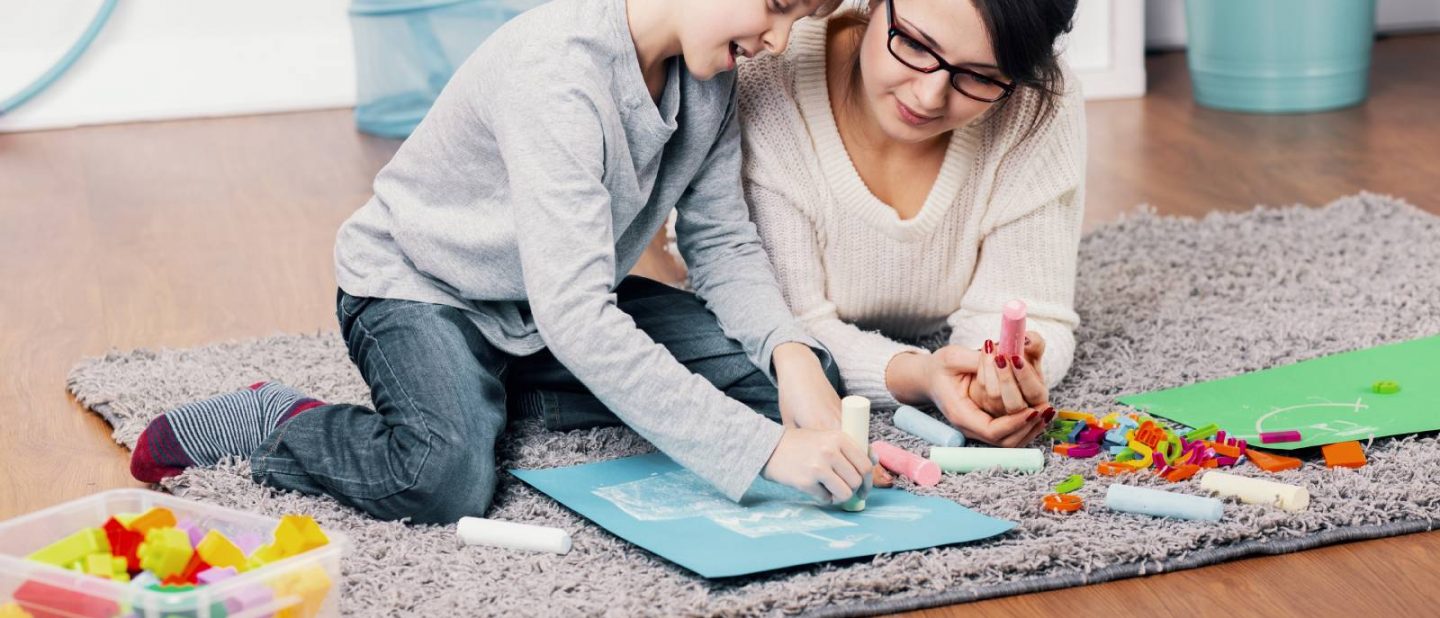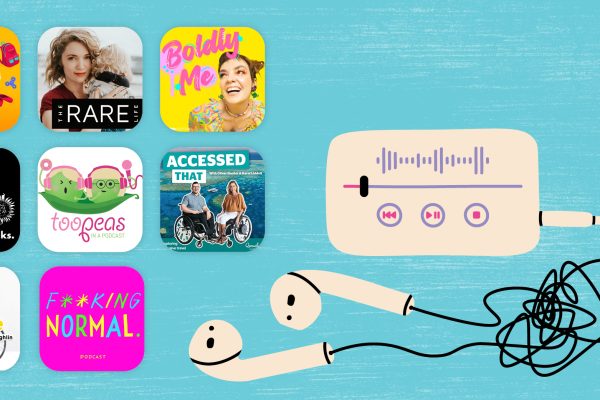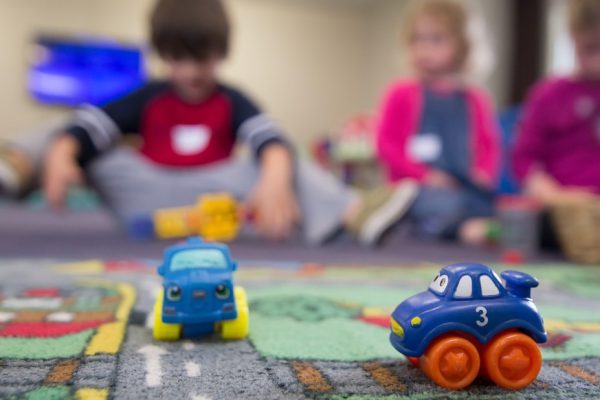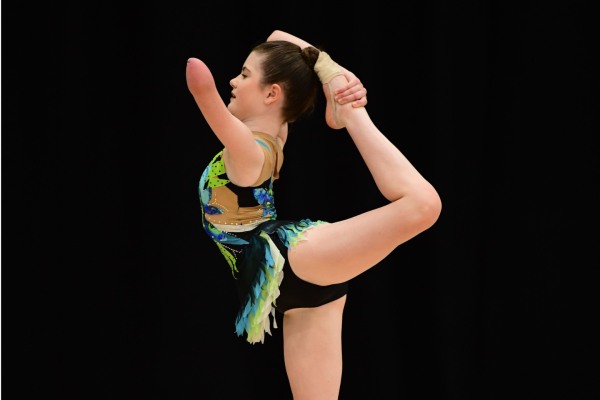
Ways to improve communication with your child’s specialists and therapists
One of the things that can have a big impact on both our children and us as parents(!) is clear communication with our children’s therapists and specialists. It’s especially important if we want to move forward with goals and development for our child in a way that will minimise stress on all parties.
Here are some tips for making the relationship work:
Bring Notes/Take notes!
We all have to tell our children’s story on repeat. Stop relying on your memory so much and give yourself a break! By writing up and summarising the points you want to cover, you can give this (or email ahead of time!) to your specialist and use it as a starting point. Whether you are beginning with a new specialist or existing, the start of the year is a good time to reflect and set the scene of where your child is in their development. We all know how things ‘crop up’ during the year, so it’s one less thing for you to think about if things go ‘off-road’ for a bit therapy-wise.
We can minimise some of the effort and energy we expend by repeating our child’s needs over and over, by simply putting those parent observations into a document for our specialist to then review and be guided by.
Back to back visits or short and sweet visits?
When we have a handful of allied health specialist appointments happening all at once (and this doesn’t include the hospital and review teams’ visits!) it’s hard to manage them all as well as everything else that happens in life! As parents, sometimes we are juggling the needs of our other children, our working life, our partner’s working life, the home and everything else all at once!
Communicate clearly with your therapist what you ‘have on your plate’ so they can gain an understanding of what your family life looks as a whole. It’s tempting to book weekly therapy to keep the therapist happy with ‘goal setting’ but is it really best for you as a family? If you are the main ‘therapy coordinator’ you may find yourself burning out if you don’t find a routine that works.
Many therapists do understand this very real issue and will understand your request for shorter sessions, therapy ‘blocks’ and therapy ‘breaks’.
Problem-solve together
A problem-solving approach will help you and your child’s therapists work together to address concerns. Once you determine the problem, brainstorm as many solutions as possible and jointly evaluate the pros and cons (ie lifestyle, realistic expectations and timing of these). Decide on a solution together, then make a date to review the solution. Your child’s team is there to help your child develop to their best potential – they want to help you, so ask for help and don’t go it alone!
Sometimes you just outgrow each other!
It is usual to expect that at some point you will outgrow each other! You and your child’s therapist or specialist will need to accept that what worked in the past, is no longer suited to the needs of your child at this point in time. This is not negative but simply an awareness you will have, that deep down, it’s time to look at another avenue or even different type of therapy that will benefit your child’s development for now and into the future.
For example, you may feel that after an amount of time in traditional therapy settings, these are no longer having the same impact. You may decide to look at a specialised sport program or similar, that incorporates goals, while having therapy benefits, plus additional social benefits.
When parents and professionals share their knowledge and experiences, it’s a scenario where all parties feel heard and understood and will ultimately be of great benefit to your child.







